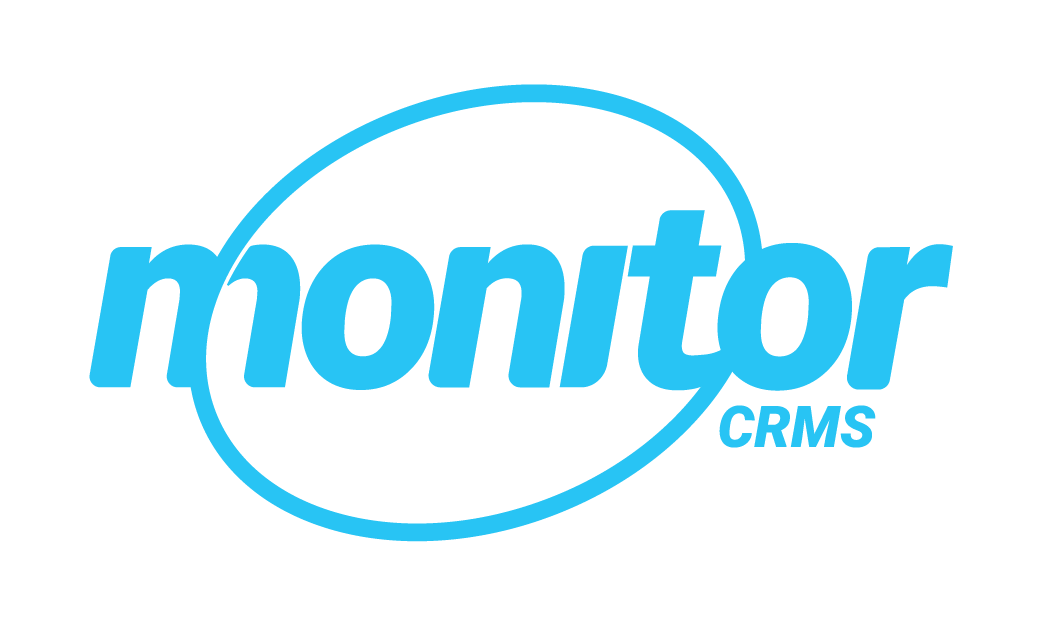Why Council Communications ≠ Community Building
NB: While many points in this article have been covered before by various LinkedIn posts, this is a topic that recently I have kept running into, so I feel the need to create an article on it to share with a wider audience. Thanks for indulging me – Rohan
Over the past few weeks, I have had several discussions with councils, however a couple have really stood out for me and has prompted me to tease out some important distinctions around comms teams within council and their role in Business/Community Development. This article draws on a couple of interactions between real councils which clearly illustrates the need for a delineation between communications, and those building communities.
Example 1
Let me set the scene:
A large suburban council with ~175k residents and ~15k businesses are doing engagement on a new EcoDev strategy.
There is a heavy focus in this strategy on the ‘Business Community’ by way of up skilling, providing resources and generally enhancing the business support environment.
The EcoDev team want to understand more about the business community, so they send a survey out to their 18k businesses and get less than 30 responses.
A ‘sub-optimal’ response, devastating even. But a clear indicator that their strategic direction is heading the right way – this business community is entirely disconnected from council and any support they could lend. (which could open a larger discussion around Council’s role in the business space, but I’ll write that later)
It was at this point that they reached out to us to help, primarily to make sure that their list was up to date and their surveys were getting to the right people.
And being the curious folks that we are, we dug a little deeper.
And here’s what we found:
'In the past year or so, there has been:
Little to no direct engagement with businesses (for various reasons including staff changes)
No business newsletters, just a generic council one – more on this later.
No Events
No information sharing, check in’s or proactive support.
…Zip…
Example 2
A shorter story – This council noticed a significant drop in inbound engagement from the business community once the organisation centralised all communications through the Marketing team. In the words of the EcoDev lead:
“They have sucked all of the soul out of it and now the business newsletter is just a generic Council comms piece”
The role of Marketing/Comms teams in Council
The way that Marketing/Communications generally sits within councils is a one-way channel from Council to the residents of the LGA that blasts news about happenings in council into ‘the void’.
Dont get me wrong - Marketing/Comms plays an extremely important role in ensuring that the ratepayers of an LGA know how their rates are being spent, what projects are upcoming, what events they can attend and what services are available. As a Councillor, I am heavily reliant on our comms team as our formal channel back to our community to show them we are listening and acting appropriately to concerns.
What they are not is a way of developing a relationship with a segment of a community.
In Example 1 above, I was entirely unsurprised of the survey results after learning that the council had not been delivering any value, investing into any relationships or building any trust with the business community.
Let me frame this in a few different ways:
If you are a salesperson, you don’t just kick in the door and demand people buy things without first understanding their challenges and making sure the product you have will solve them in the most effective way. Note: Although it’s a great movie, “the Wolf of Wall Street” is not how sales works
If you are out in the world looking for a relationship, you don’t just wander up to the nearest person and ask them to marry you.
If you are building a house, you can’t ask an Architect to design your dream house without understanding how you live.
Community Building is a two-way value exchange that cannot be accomplished by simply dumping vaguely relevant information every fortnight into their inbox.
It is, in every sense of the word, a development of a relationship between representatives in council and a group of people.
Key Takeaways
As a council, you must invest in the relationship. You must deliver value for your business community, and they must trust you as a person who represents council. This can take the form of:
Holding free workshops or business networking events
Take the time to understand the unique aspects of businesses in your community
Be an active connector – Introduce different businesses to each other who could mutually benefit.
Deliver highly targeted and relevant information to specific businesses in a less formal manner. (maybe by using the great filter, search, sort and segment tools in Monitor CRMS)
Myriad other ways
2. ONLY after you have made these deposits in the relationship bank account can you make a withdrawal in the form of asking for survey responses or feedback on a strategy, or support in an event etc.
3. Whoever oversees the development of the business community needs to be in charge of communication with that community.
The most successful EcoDev teams we work with know these things and I promise you, they smash it out of the park.

